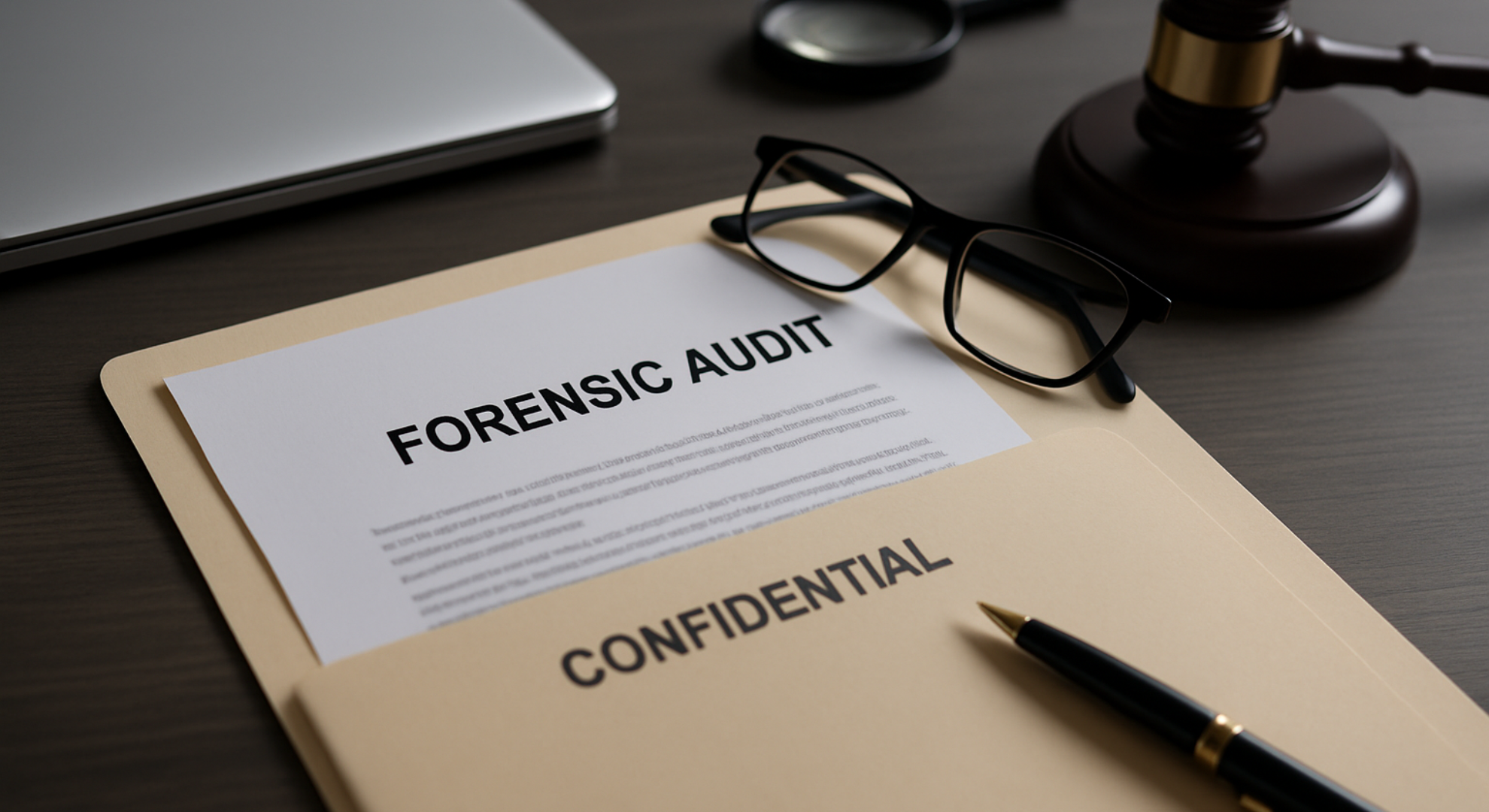by Foodman CPAs & Advisors
In today’s increasingly litigious and compliance-driven environment, transparency is no longer optional. It’s foundational.
Across LATAM and globally, recent trends point to a noticeable rise in regulatory inquiries, shareholder disputes, and enforcement actions. As a result, executive teams and boards are placing greater emphasis on auditability, documentation, and the strength of internal financial controls. A critical yet often overlooked tool in this shift is forensic accounting.
While commonly associated with fraud investigations, forensic reporting is gaining recognition as a strategic mechanism for building trust, supporting litigation readiness, and reinforcing institutional credibility. When applied proactively, it helps financial institutions validate internal controls, prepare for scrutiny, and demonstrate strong governance to both internal and external stakeholders.
Here are three ways forensic reporting supports institutional integrity:
1. Reinforce Financial Transparency Before Litigation Strikes
Forensic reviews are increasingly used to assess operational and financial risks before legal exposure occurs.
Unlike traditional audits, forensic reporting goes deeper. It examines how policies are applied, verifies transaction trails, confirms authorization processes, and evaluates whether controls are followed consistently in practice.
This proactive approach functions as a financial stress test. It enables institutions to:
- Identify and address control gaps early
- Strengthen evidentiary credibility in regulatory review or court proceedings
- Demonstrate preparedness to regulators, investors, and counterparties
Institutions that conduct forensic reviews in advance of potential litigation can respond more efficiently and credibly when challenges arise. A comprehensive forensic audit communicates that internal accountability is a priority and that the organization is equipped to prove it.
2. Provides Governance Clarity to Boards and Executives
Boards are increasingly held accountable for understanding compliance framework and organizational risks. Forensic audits provide the depth and visibility they need.
Unlike audits that focus primarily on financial accuracy, forensic reviews explore how decisions are made and how internal processes function in practice. They reveal control gaps in areas such as vendor relationships, procurement, or payroll and assess whether procedures are being followed as intended.
This insight allows board members and general counsel to:
- Benchmark governance and control practices
- Ask targeted questions
- Strengthen internal oversight protocols
For institutions with informal governance models or legacy systems, such as family offices, private financial institutions, or entities operating across multiple jurisdictions, a third-party forensic review offers an independent assessment of internal risk and procedural discipline.
3. Builds Cross-Border Trust with External Stakeholders
In a global financial environment, the ability to demonstrate forensic clarity is essential.
Banks, investors, and regulatory bodies now expect institutions to provide clear, traceable evidence of internal controls and compliance systems.
For LATAM-based and cross-border financial institutions, a professionally executed forensic report can support:
- Beneficial ownership verification
- Intercompany transaction documentation
- Internal control validation for digital asset management and tax compliance
This transparency becomes especially important when onboarding with correspondent banks, undergoing cross-border audits, or responding to AML inquiries. A detailed forensic report can satisfy due diligence requirements and reduce the risk of de-risking or reputational exposure.
Institutions that prevent verifiable, audit-ready documentation enhance their positioning with key stakeholders and improve their access to global financial infrastructure.
A Proactive, Not Reactive, Strategy
Forensic accounting has long been viewed as a reactive measure.
But today’s leading institutions are integrating forensic analysis into standard oversight functions.
Whether through internal audit programs, policy compliance testing, or vendors evaluations, embedding forensic practices into ongoing operations reflects a broader compliance trend:
a shift from defense to readiness
At Foodman CPAs & Advisors, we help institutions move from vulnerability to verifiability.
Our forensic accounting team works with clients across the U.S. and LATAM to assess internal controls, support litigation readiness, and reinforce governance with objective, regulator-aligned analysis.
What Role Does Forensics Play in Your Organization?
If your organization only turns to forensic reporting during a crisis, you may be missing its full strategic value.
Forensic accounting can strengthen internal oversight, elevate transparency, and build confidence with regulators and financial partners.
Contact our team to learn how we can support your institution’s governance and compliance goals.


